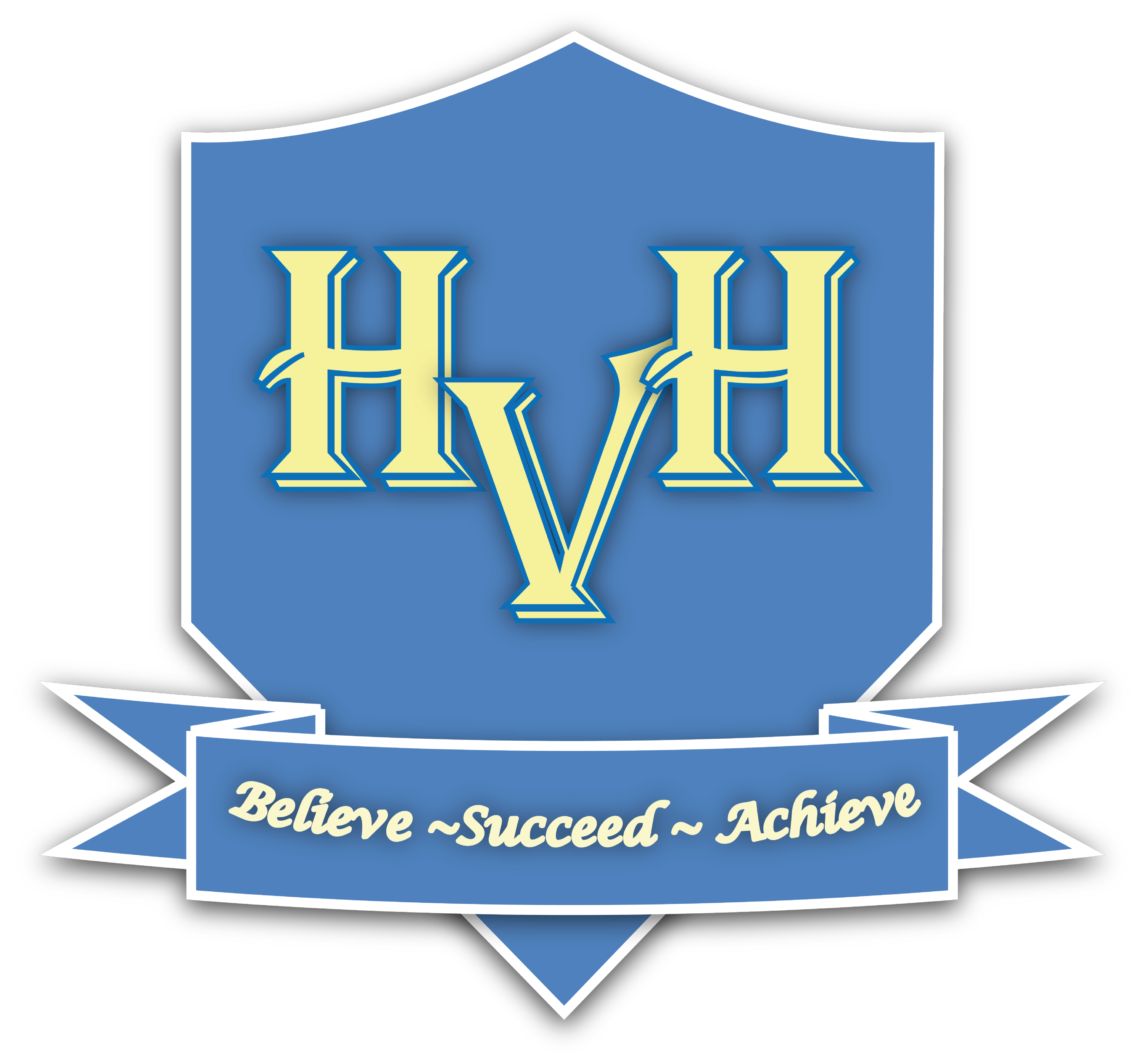Explorer Department
Intent
The intention is to provide our students with the provision to create life-long learners who can flourish as independently as possible in society.
HVH has high ambition for all by adopting a curriculum model which seeks to enable each and every learner to be the best they can be and do the best they can do, regardless of their disabilities. We wish to provide students with the skills to communicate their thoughts, feelings, wants and needs to enable them to make choices; acquire knowledge of subjects and concepts to promote creativity, forward thinking and an understanding of the world around them.
Implementation
This allows us to develop effective relationships with our learners, their parents/ carers and other agencies working to equip and prepare them for adulthood.
Our learners in the Explorer classes have varying strengths and needs so we work to provide pathways for learners at each Key stage to meet these on a daily basis. Each Explorerer class follows their own timetable and it is clear many learners gain knowledge and skills not only in set subjects but throughout the school day, for example, applying mathematical skills in cooking, communication skills in PE, the Arts and outdoor learning.
Staff are trained to communicate with learners using their preferred methods of communication including Makaton, PECS, Communicate in Print and verbally. Allowing all students a meothod of communicating their thoughts and feelings and being able to access the curriculum. Differentiation is implemented in many ways in each lesson including; length of task, type of task, resources, staff support, communication method, delivery of information and feedback to learner. Staff adapt their teaching style to meet each students’ learning style which may differ depending on task in hand.
Impact
Students progress is solely based on their EHCP targets and their termly individual IEPs. Evidence is gathered, assessed, reviewed and entered onto our Evidence For Learning app, which can be in the form of a picture, video or audio file. Observations can be annotated and tagged to reflect progress overtime towards students IEP’s and targets relating to EHCPs. This specifically enables teachers to plan for meeting the unique needs of their SEND learners.
These are then RAG rated to track the strengths and areas for improvement across each individual learners EHCP. Teachers will then amend and add to these goals over time in order to respond to a learners’ ongoing needs and development. The impact of this curriculum is to develop student’s communication, knowledge and understanding of themselves, the world around them and how to flourish as individuals in the community.
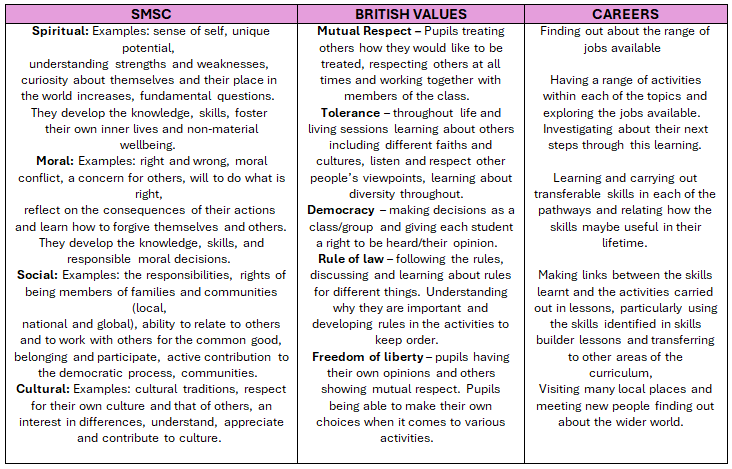
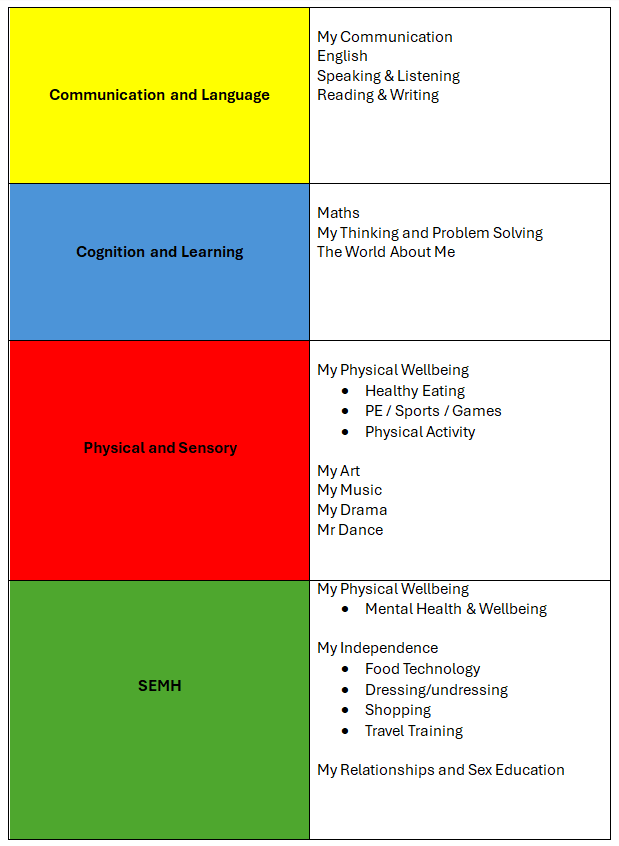
Equals Curriculum
As of September 2024 the Explorer Department will be building on the principles of the Equals curriculum, (Peter Imray)
The Equals curriculum aims to prepare learners for life in the wider community, by providing functional and personalised learning, that enables pupils to successfully navigate life in the wider world. It is a flexible curriculum approach for students with a range of learning profiles, whereby learning opportunities reflect the individuals’ needs and aim to develop skills that are purposeful and beneficial to all pupils.The schemes of work are non-key stage specific, so that pupils work at levels appropriate to their developmental stage.As both engagement and motivation are at the heart of each scheme of work, issues relating to challenging behaviour and pupils’ mental well-being are intrinsically woven into the fabric of the whole curriculum from the word go.Here at Hednesford Valley we believe that having access to a numer of pathways within the Equals Curriculum, would best suit the needs of our Explorers.
Below shows the number of pathways that can be explored and its position alongside the National Curriculum expectations.
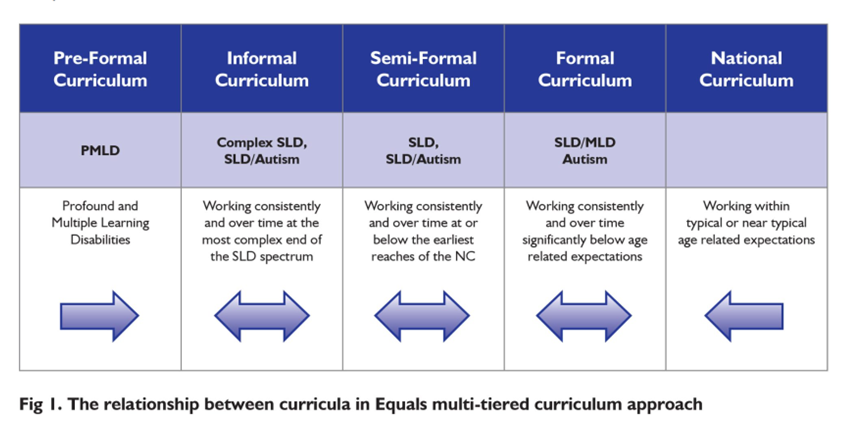
Teachers have the autonomy to work between 3 ares of curriculum; Formal, Semi-Formal and Informal to be able to meet these individual needs wihin the class.
Informal / Semi Formal
For pupils who are working consistently and over time below or very near the start of their national curriculum, curricula NEED TO be different rather than differentiated, because the way such pupils learn is different, and often very, very different from neuro-typical, conventional developing learners for whom a national curriculum is designed. Any curriculum must be wholly appropriate to the needs of each learner. Ongoing assessment may point to a need for concentration and intensity in one or two particular areas for some learners for a part, and sometimes a considerable part of their time in education.
- are developmental in nature and open to personalisation - they start at the beginning of the individual pupil’s learning journey and aim for the highest level of independence possible
- cover all stages of education from 2 to 25 (and beyond) but are not directly related to either age or key stage. Learners fit into them where they will according to their individual abilities, interests and learning journey
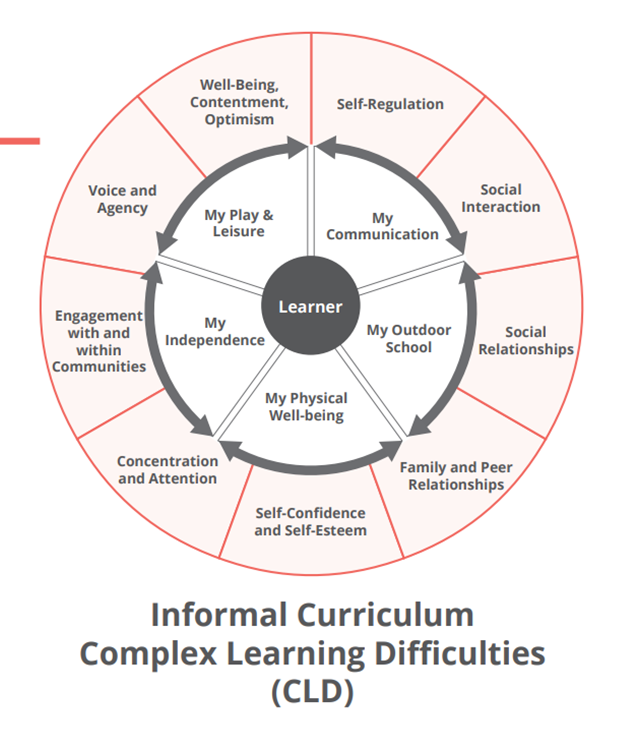
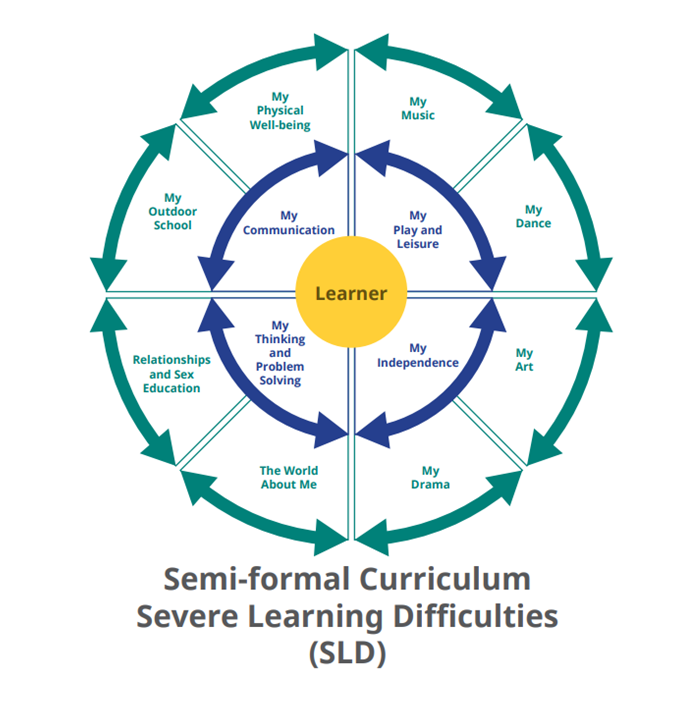
Formal Curriculum
The Equals Formal Curriculum has been designed for students who have learning difficulties to such a degree that they are consistently working at levels considerably below their age-related peers for all of their academic lives across all or most academic areas.
- Non key stage specific, so that pupils work at levels appropriate to their developmental stage Includes a bespoke SoW for Mathematics, English, Independence, The World About Us, Outdoor Schooling, Physical Well–being & Play and Leisure
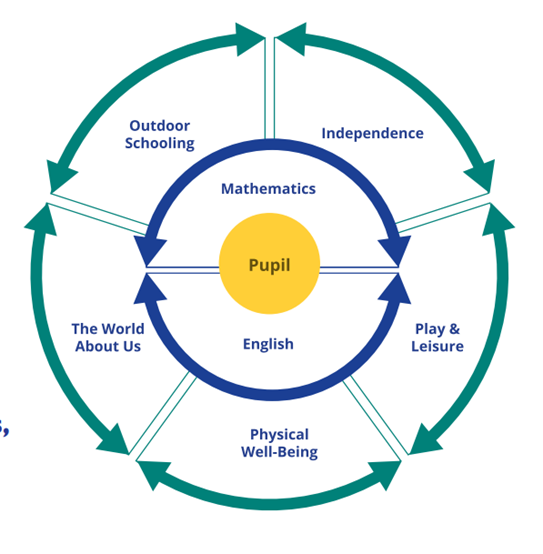
Explorers at Key Sage 4
Identified students in Y9 will be able to take option subjects within the Discovery Pathway and also access vocational subjects through our college links. As well as this, all students moving into Key Stage 4 will continue to access learning through the 3 pathways whilst also completing ASDAN Personal Progress.
What is it?
ASDAN's Personal Progress (PP) qualifications have been designed to address the needs of learners with special educational needs and disabilities (SEND), working at Entry 1. The qualifications ensure that all learners are given the same opportunities to access appropriate and relevant education to develop new skills and improve their life outcomes.
It is a widely recognised qualification that provides students with a curriculum to encourage life skills, preparation for work and community participation.
Learners choose units from the topics of Employability, Independent living, Good health, and Community inclusion. There are 58 units available, with credit values of between 2 credits and 5 credits each.
Any combination of units can be completed for a Personal Progress qualification.
Learners achieve a qualification that reflects the credit value of the number of units they have completed:
- Award – 8 credits
- Certificate – 14 credits
- Extended Certificate – 25 credits
- Diploma – 37 credits
- Learners who complete units with a total value less than 8 credits will be awarded unit certification, providing they meet the requirements of the full units
